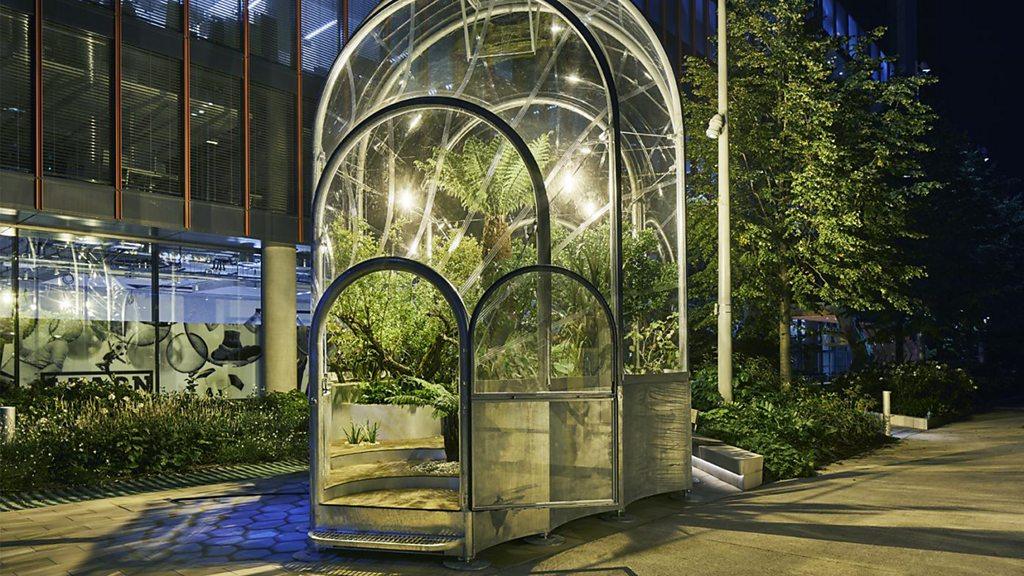Climate change: Gardeners growing exotic veg in Wales
- Published
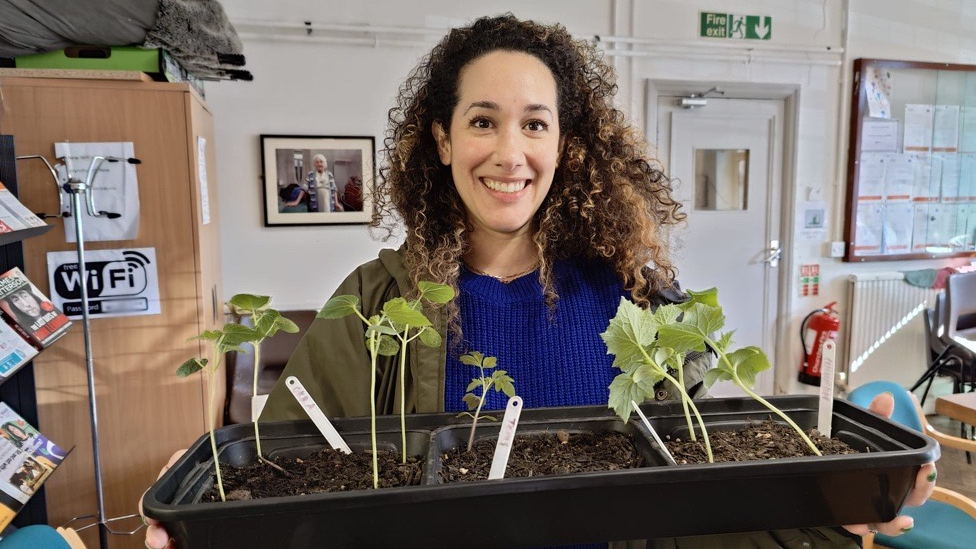
Jodie Jamal is learning to grow chillies and okra
What do you do when the ingredients you need to cook food from your culture cost both you and the planet?
This was one woman's dilemma who found herself feeling "like a bit of a fraud" for worrying about climate change but regularly driving about 50 miles (80km) for imported vegetables.
She has teamed up with the Soil Association to teach others how to grow vegetables such as okra and callaloo.
The Back to Our Roots classes have been so popular, more are being arranged.
Carol Adams from Aberdare, Rhondda Cynon Taf, said she was sick of travelling to Cardiff every time she wanted to cook dishes from her home in the Bahamas.
She said growing these vegetables herself was "something practical that people of colour can do to help mitigate climate change".
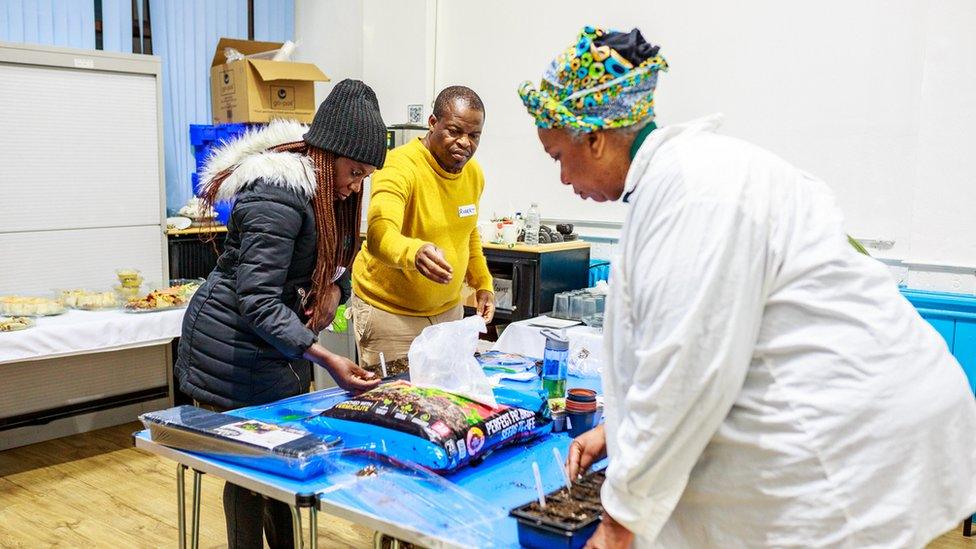
The cohort is learning how to grow the ingredients they need for traditional dishes
"If you live in the valleys like I do, and you want vegetables that are culturally relevant to me, the foods I enjoy eating and are part of my heritage, I've got to hop in my car and go to Cardiff to buy them.
"You cannot find the stores in Aberdare," added Ms Adams.
Ms Adams said she had never seen callaloo - a type of dark green leafy vegetable similar to kale or spinach - sold anywhere in Wales, but the group is growing it.
"Chillies are more expensive, the kind of chillies from home, they skyrocketed.
"There are times when you go into the big Tesco in Cardiff and you do see a pack of okra but they're tiny little packs of maybe 10 okra.
"Who the heck can make a dish with 10 okra? So they're expensive to eat because you've got to buy so many packs," she said.
The Soil Association is a UK-wide charity which aims to protect nature by transforming how people eat and farm.
There were 20 members in the project's first group, eight in the second, and a third cohort is planned for north Wales.
A UK-based network with over 100 members has also been set up to share information, seeds and lived experience to create a library of expertise for anyone wanting to give it a go.

To find out the climate impact of what you eat and drink, choose from one of the 34 items in our calculator and pick how often you have it.
All figures for each food in the calculator are global averages. If you cannot view the food calculator, click to launch the interactive content, external.
Design by Prina Shah, development by Felix Stephenson and Becky Rush.

People are encouraged to grow the crops in whatever space they have, from windowsills to garden pots.
Justina John, 43, from Cardiff, said growing crops from her childhood in Tanzania has been emotional for her.
"It brings back memories, so it gets back to our roots. Also it's tackling the cost of living.
"Okra used to be £4 a portion and now it's gone up to £8. It's crazy," she said.
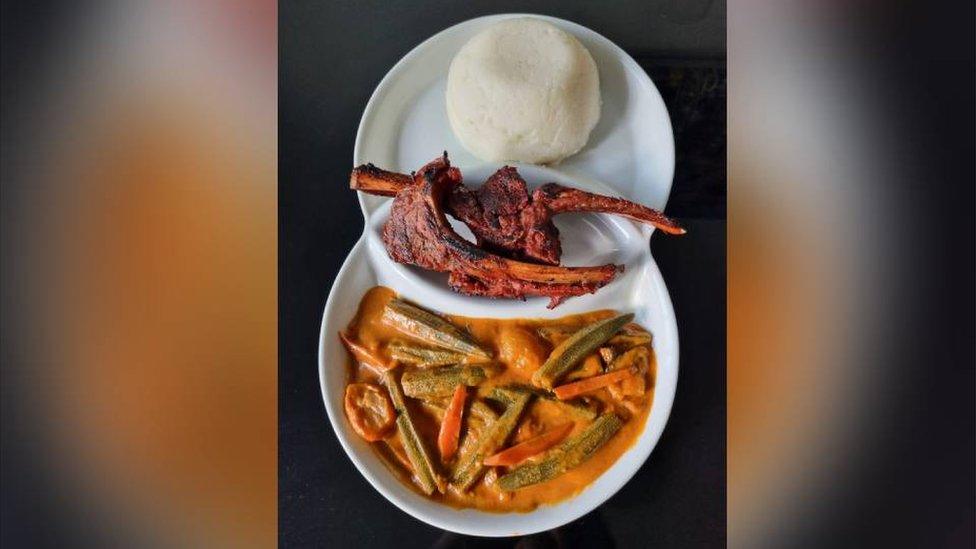
Justina serves coconut okra with ugali and BBQ lamb chops, a staple dish in Tanzania
Her two sons have loved helping to care for the plants and Ms John has told them stories about growing up and being in charge of the family vegetables.
"In Tanzania, as a girl when you're growing up you have chores," she said. "The planting is one of the chores that I chose.
"I didn't like washing clothes, my thing was watering the plants. I used to go all over the streets to look for new seeds."
Ms John said when she moved to Wales she stopped gardening, and "didn't think the British climate could actually sustain" the plants she used to grow.
When she realised it was possible, she said it took her right back to her childhood.
"I have to look after these plants with my whole heart because I feel like like my mum will be looking at me," she said.
Her children are as excited as she is.
"It's like we have a pet.
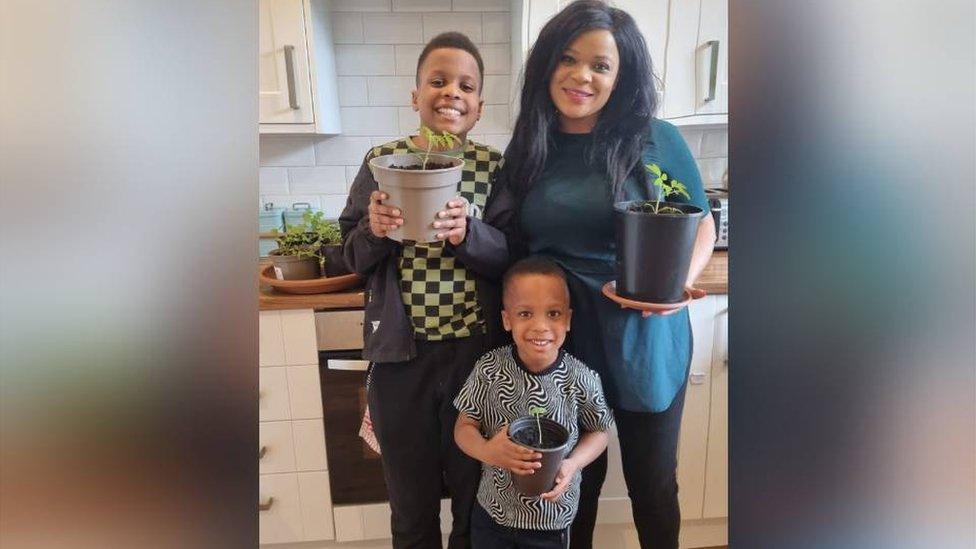
Justina said her eldest son has been learning about photosynthesis at school and has been helping her
"The first time around, they overwatered them and I had to start again.
"So now they're very careful."
Jodie Jamal, 37 from Cardiff is also growing with the group.
"I've got quite a few things growing at the minute: cucumber, okra, tomatoes, different varieties of chilli, aubergine, courgettes and rhubarb.
"I think we've lost touch with eating seasonally, we expect to have fruit and veg all year round, which isn't sustainable.
"It's just great to be stripping back and just understanding the seasons.
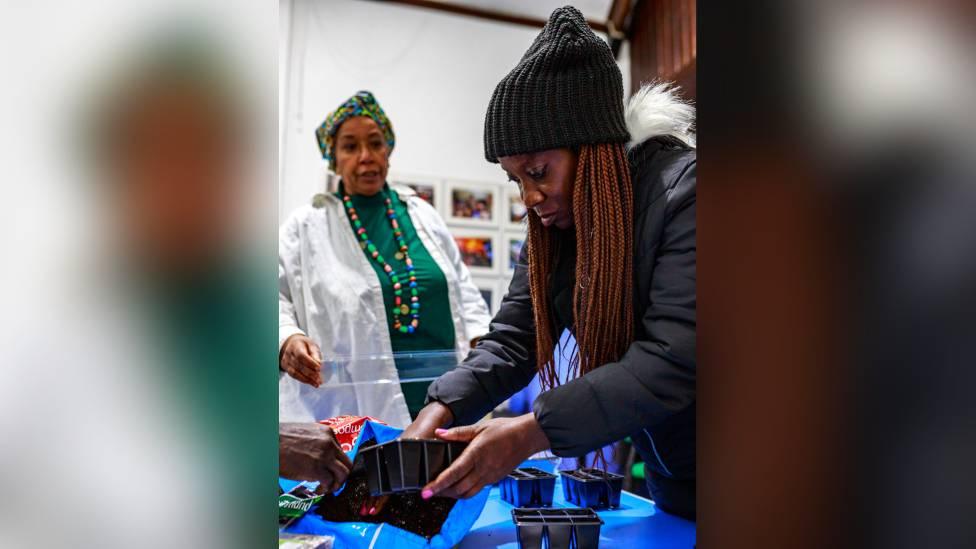
Carol Adams has been leading the classes
"I think in line with the cost of living I think it is going to be a benefit if you can just grow your own food get the costs down."
She also said growing her own vegetables was better than relying on her local supermarket.
"I've noticed not only is the stock diminishing, the freshness of the food isn't great and not only that, the prices are just astronomical," she said.
She was also "blown away" meeting people from different cultures and backgrounds.
"It was really enriching not only to learn about how to grow our own food, but to also get together as a community to learn about other people's cultures and what they eat with what we're growing," added Jodie.

TALK DISABILITY: How an autism café created jobs, a safe space, and thriving community
FOOD FEST WALES: A culinary tour of Wales is on the menu!

- Published29 May 2023
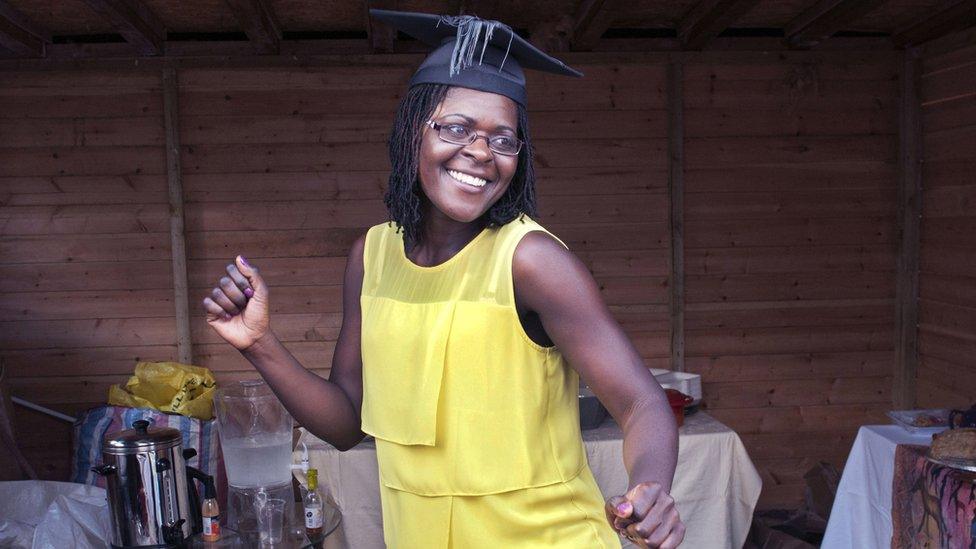
- Published27 January 2023

- Published15 February 2023
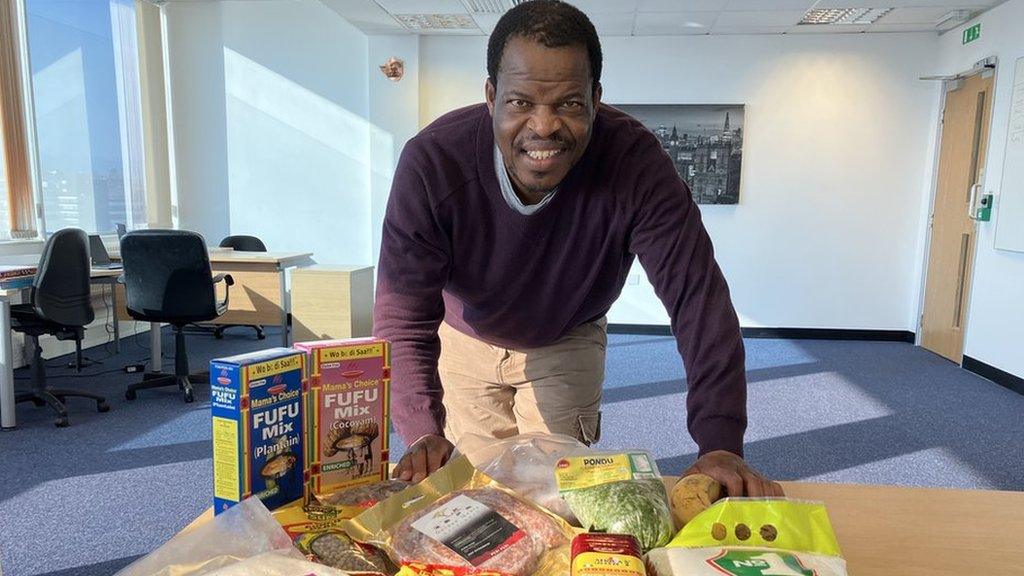
- Published30 October 2020
